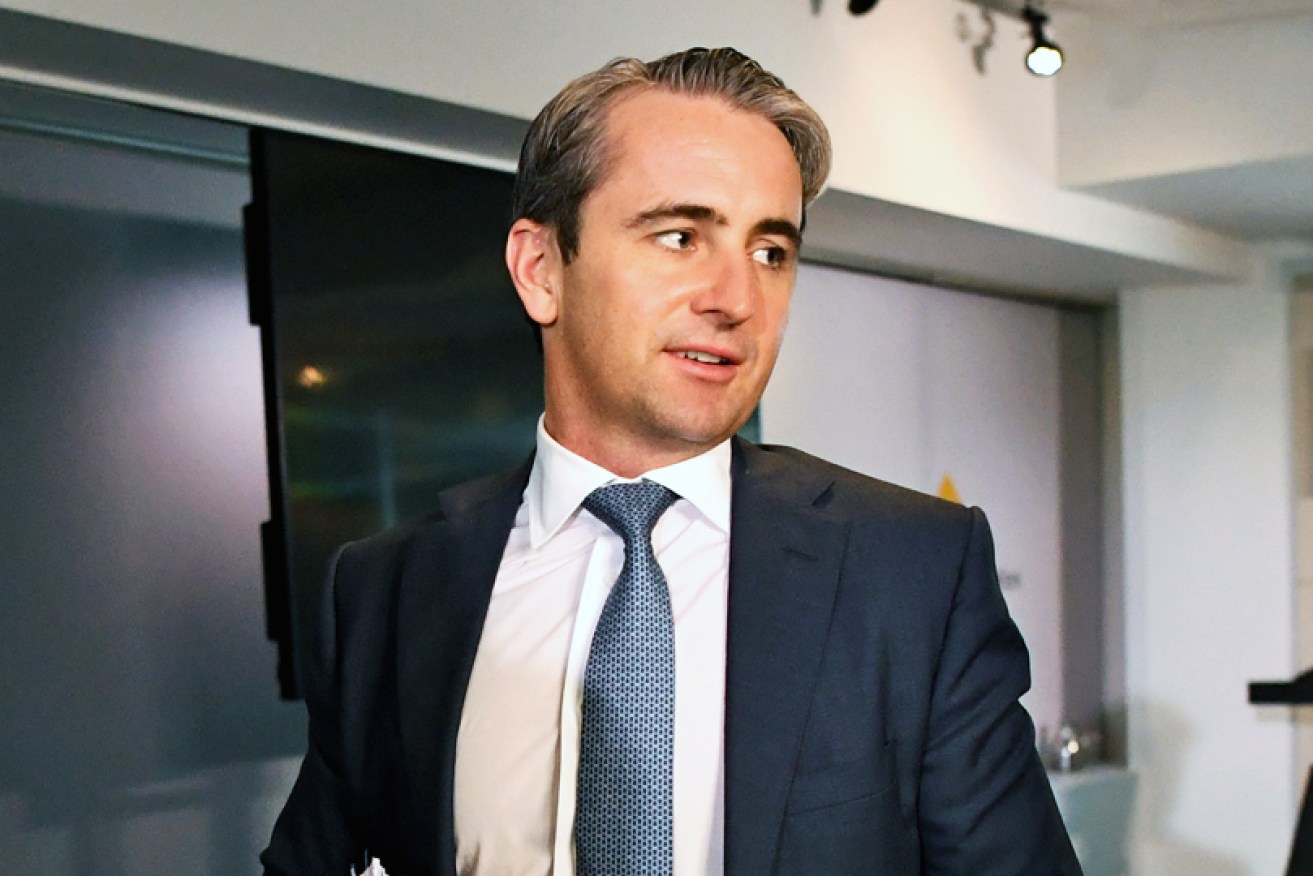Commonwealth Bank agrees to $700 million settlement over money-laundering scandal


Matt Comyn has promised "things will change" at the bank under his leadership. Photo: AAP
Commonwealth Bank of Australia has agreed to pay $700 million in fines and costs after admitting to breaching anti-money laundering and counter-terrorism laws.
Financial intelligence agency AUSTRAC had accused CBA of 53,506 serious and systemic breaches of the laws last year.
The settlement is expected to bring to an end a scandal that last year led to Ian Narev’s departure as chief executive.
The agreement, which also includes CBA paying $2.5 million in legal fees, is subject to Federal Court approval.
The civil penalty exceeds the $375 million that CBA had set aside for the proceedings when it announced its first-half results in February, but falls short of the most dramatic analyst predictions of more than $1 billion.
CBA chief executive Matt Comyn said the lender had not deliberately breached the law by failing to provide the regulator with timely notification of potentially suspicious transactions, but admitted that the bank’s risk procedures and due diligence were not up to scratch.
“While not deliberate, we fully appreciate the seriousness of the mistakes we made,” Mr Comyn said on Monday.
“Our agreement today is a clear acknowledgement of our failures and is an important step towards moving the bank forward.”
CBA will record a $700 million provision in its results for the year to June 30, which will be announced on August 8.
Mr Comyn, who was promoted to replace Mr Narev in April, said CBA had spent more than $400 million on anti-money laundering compliance measures.
“Banks have a critical role to play in combating financial crime and protecting the integrity of the financial system,” Mr Comyn said.
“We have also agreed with AUSTRAC that we will work closely together based on an open and constructive approach.”
The Australia Prudential Regulation Authority (APRA) on May 1 released the final report of its inquiry into CBA anti-money laundering and counter terrorism offences.
APRA said CBA’s framework for managing risks was “cumbersome” and senior leadership was slow to react to emerging threats.
As a consequence of the report, APRA ordered CBA to carry an additional $1 billion in regulatory capital and enter into an enforceable undertaking to conduct remedial action.
The report concluded the lender’s governance, culture and accountability frameworks and practices were in need of “considerable improvement”.
Treasurer Scott Morrison described the report as “damning”, saying he expects more Comm Bank executives will be forced to resign.
Little more than a week later, CBA agreed to pay $25 million to settle legal action brought against the bank by the corporate regulator over bank bill swap rates.
CBA reached an in-principle settlement with ASIC under which it will acknowledge attempting “to engage in unconscionable conduct” and that it could not adequately monitor trading and communications of staff.
The Federal Court must approve a settlement that will also mean CBA pays a $5 million penalty, $15 million to a financial consumer protection fund, and $5 million of ASIC’s costs.
The amount is half that paid by rivals National Australia Bank and ANZ in similar settlements related to alleged manipulation of the key rate.








